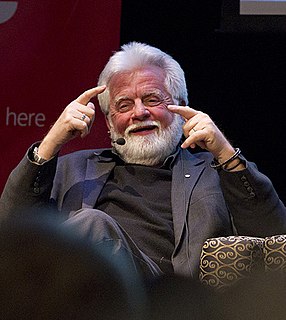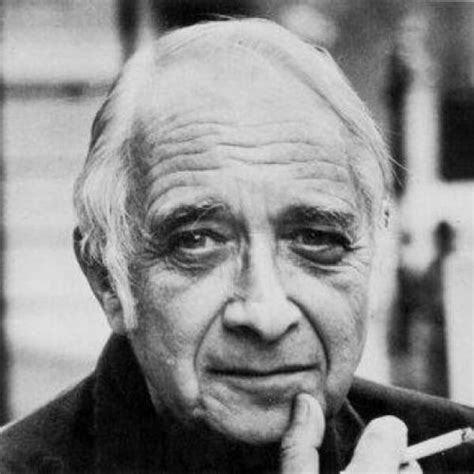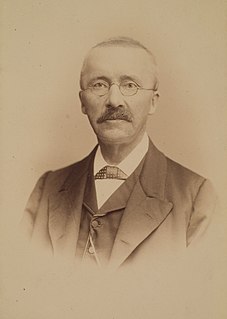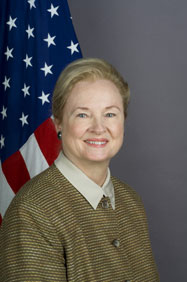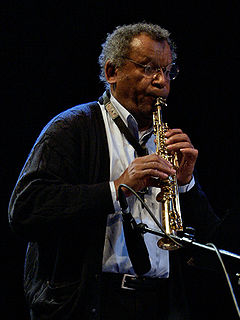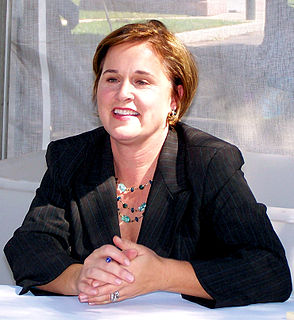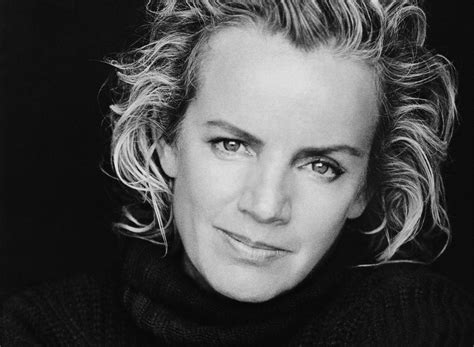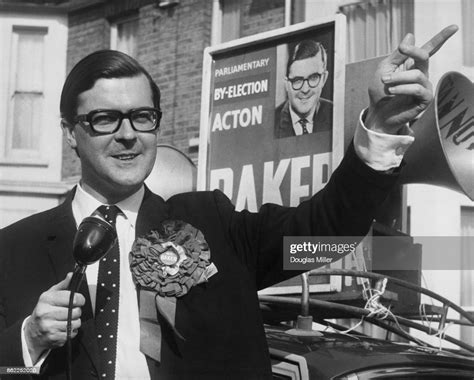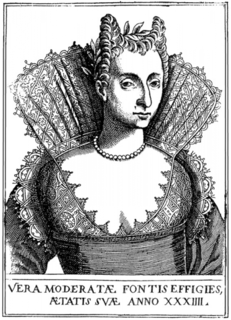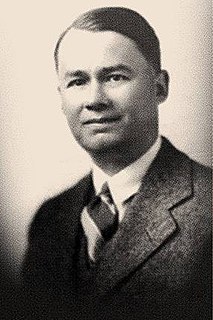Top 531 Historians Quotes & Sayings - Page 7
Explore popular Historians quotes.
Last updated on November 20, 2024.
When I first collected these authorities, I was desirous that every quotation should be useful to some other end than the illustration of a word; I therefore extracted from philosophers principles of science; from historians remarkable facts; from chymists complete processes; from divines striking exhortations; and from poets beautiful descriptions.
I was under the librarians' protection. Civil servants and servants of civility, they had my back. The would be whatever they needed to be that day: information professionals, teachers, police, community organizers, computer technicians, historians, confidantes, clerks, social workers, storytellers, or, in this case, guardians of my peace.
Concerning alchemy it is more difficult to discover the actual state of things, in that the historians who specialise in this field seem sometimes to be under the wrath of God themselves; for, like those who write of the Bacon-Shakespeare controversy or on Spanish politics, they seem to become tinctured with the kind of lunacy they set out to describe.
Fifty years ago, historians advised politicians and policy-makers. They helped chart the future of nations by helping leaders learn from past mistakes in history. But then something changed, and we began making decisions based on economic principles rather than historical ones. The results were catastrophic.
Luke [the gospel writer] screws up his dating by tactlessly mentioning events that historians are capable of independently checking. There was indeed a census under Governor Quirinius - a local census, not one decreed by Caesar Augustus for the Empire as a whole - but it happened too late in 6 AD, long after Herod's death.
I think it's important to understand that a cartoonist is not drawing for favourable reviews from politicians. What we're trying to do is capture the popular feeling of the time about a politician or a particular political issue. For that reason I think it sums up public attitudes that is very helpful to historians down the road.
I am not a representative of anything. When art historians or critics or the public put somebody in a drawer like this, it has a tranquilizing, paralyzing effect. Artists are individuals. They have ideas, and the conventions for one's self as an individual are not for a group. There are always those who follow the group, but they belong in the margins. I refuse to be placed within, or added to, one particular school.
I am provoked at the contempt which most historians show for humanity in general; one would think by them, that the whole human species consisted but of about a hundred and fifty people, called and dignified (commonly very undeservedly too) by the titles of Emperors, Kings, Popes, Generals, and Ministers.
When historians of early America turned from the pursuit of past politics, they devised a category known in the academy as 'social and intellectual history.' In it, they stuffed nearly everything except politics on the assumption, which the anthropologists assured them was correct, that it would all fit together. Somehow it did not.
The general consensus among historians, among the ones who can handle the fact that 'Lincoln' is, in fact, historical fiction, is that we demonstrate enormous fidelity to history and that, beyond that, we've actually contributed a line of thinking about Lincoln's presidency that's somewhat original.
Social historians of the future no doubt will be amused by the fact that we late-twentieth-century Americans found it acceptable to discuss publicly in detail the most intimate aspects of personal life, while maintaining an almost prudish reserve concerning the political significance of family life.
I love those historians that are either very simple or most excellent. Such as are between both (which is the most common fashion), it is they that spoil all; they will needs chew our meat for us and take upon them a law to judge, and by consequence to square and incline the story according to their fantasy.
What the British seem to like are television historians and naturalists, not public intellectuals. You can't help feeling that's because one supplies narrative and the other supplies facts, and the British are traditionally empiricists so they/we have a resistance to theory and to theoreticians playing too prominent a role in public life.
It is curious that the two best-known British historians in the United States are Andrew Roberts and Niall Ferguson, each of whom represents, in fact, a different school of serious historical writing, and both of whom seem to have gained for themselves, perhaps without intending to, a special reputation on the American right.
Look, history is interesting. I read three books on George Washington last year. And my opinion is that if they're still analyzing the first president, the 43rd president ought to be doing what he thinks is right. And eventually, historians will come and realize whether... the decisions I made made sense.
There is more to creative mastership than the surface of satisfaction and political certainty. The music of Joe Fonda is part of a living tradition of belief and dedication. Future historians will be surprised at the breadth of Mr. Fonda's offerings. This is a real virtuoso and composer of the highest order.
I am sure future historians will say the biggest and most astonishing change in politics has been the embracing of all the tenets of Thatcherism by the party of Keir Hardie: trade union legislation, Europe, the replacement of Trident, 10 per cent tax for people who have made millions from their companies.
More attention to the History of Science is needed, as much by scientists as by historians, and especially by biologists, and this should mean a deliberate attempt to understand the thoughts of the great masters of the past, to see in what circumstances or intellectual milieu their ideas were formed, where they took the wrong turning or stopped short on the right track.
The proliferation of bureaucrats and its invariable accompaniment, much heavier tax levies on the productive part of the population, are the recognizable signs, not of a great, but of a decaying society. Historians know that both phenomena were especially marked in the declining eras of the Roman Empire in the West and of its successor state, the Eastern or Byzantine Empire.




















